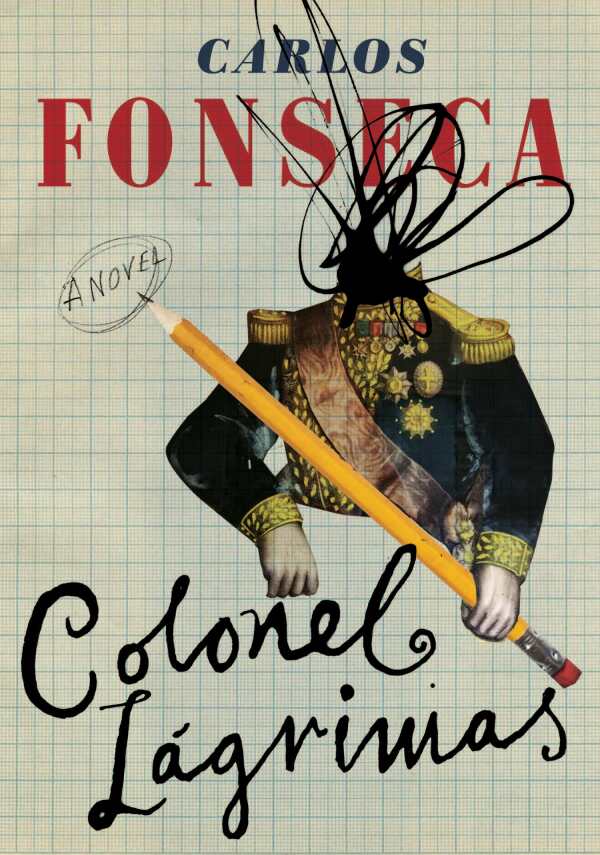Colonel Lágrimas
Knowledge is a form of both escape and imprisonment, in this intricate and prismatic novel.
In beautifully detached prose, Carlos Fonseca Suárez’s Colonel Lágrimas weaves the past and present together in an intricate web of memory.
Colonel Lágrimas is based loosely on the life of German-born Alexander Grothendieck, whose parents opposed fascism during the Spanish Civil War and whose father died at Auschwitz. The elegantly introduced colonel of the novel is an elderly, eccentric mathematician, living alone with his own genius “among a disarray of books and tobacco.” He has opted for a hermit’s existence among the Pyrenees’ “green and white mountains,” hoping that when death does find him, he will be at peace.
For the colonel, knowledge is a form of both escape and imprisonment. Facts compete with memories, and he strives to put both in order. He seems to have lost his ability to pursue his true mathematical work, perhaps due to a breakdown or the mental deterioration of aging. He instead obsesses over a vast, encyclopedic compilation of his knowledge—and over one equation, which may represent the coded essence of years of oblivion and guilt.
The colonel is a maddening, fascinating character, evasive with both observers and himself—if understandably, given the trauma in his past. Lágrimas reaches out to Maximiliano Cienfuegos, whom he knew in his younger days in Mexico, initiating a curious correspondence. The colonel calls Maximiliano his apostle. Maximiliano dutifully receives the colonel’s erratic mailings—postcards, equations, writings—and is bewildered by the men’s strange connection, prompted by a single game of chess years ago.
As the colonel’s final project pushes him further into madness, he turns to alcohol, but even rum cannot blot out the single equation “that was at the same time his happiness and his condemnation.” More prismatic than literal, Fonseca’s novel is ambitious yet controlled work, following in the tradition of eloquent Latin American writing with its own distinct style.
Reviewed by
Meg Nola
Disclosure: This article is not an endorsement, but a review. The publisher of this book provided free copies of the book to have their book reviewed by a professional reviewer. No fee was paid by the publisher for this review. Foreword Reviews only recommends books that we love. Foreword Magazine, Inc. is disclosing this in accordance with the Federal Trade Commission’s 16 CFR, Part 255.

